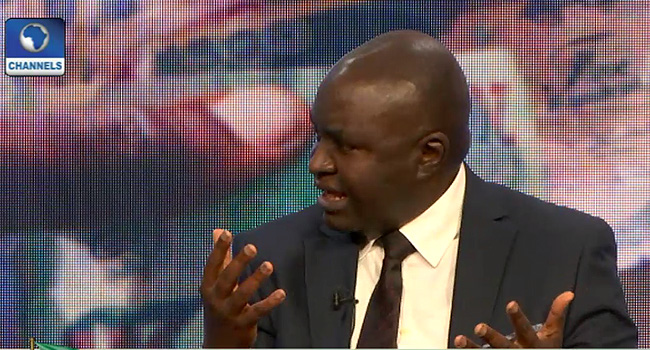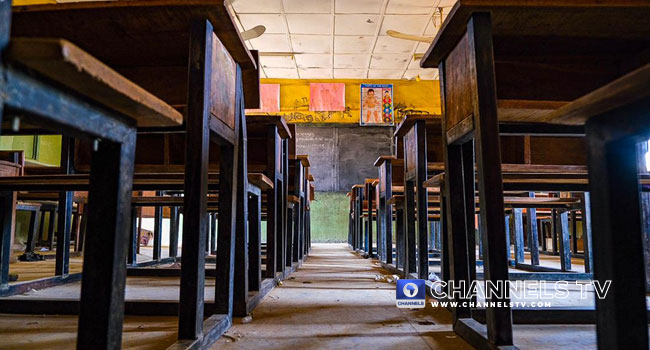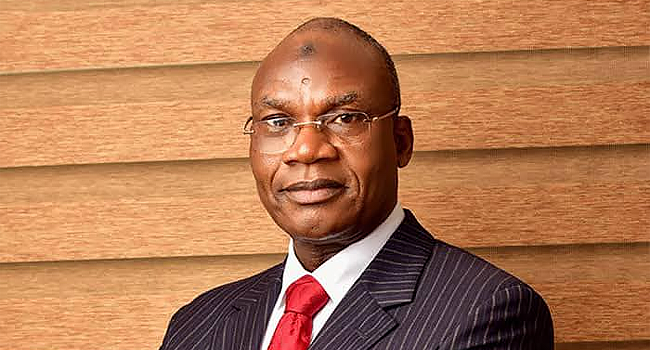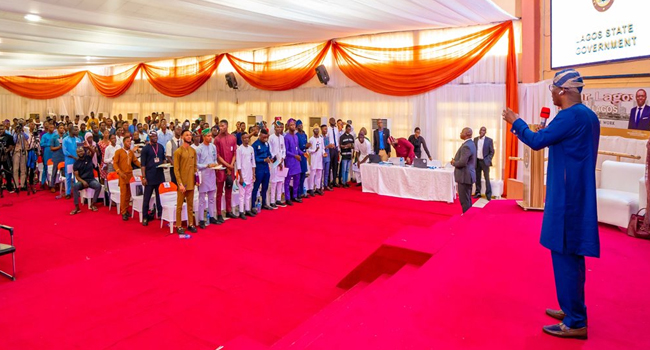
The Director-General, Lagos Chamber of Commerce and Industry, Muda Yusuf, has warned against social exclusion in Nigeria as the country marked its 58th Independence anniversary on Monday.
Yusuf issued the warning while speaking about social investment during Channels Television’s special Independence Day anniversary programme.
According to him, because the provisions of budgets over the years have been insufficient, the private sector has encroached on the provision of social services.
The implication is that the poor cannot access social services, hurting the country’s chances of building human capacity.
Yusuf said, “We have a big private-sector space in education. Ordinarily, it should not be. And because (education) is becoming more expensive, because it is becoming more private sector-driven, it is becoming more exclusive.
“The children of the poor cannot access quality education. And we should not build a country where a child will not be able to go to school because the parents cannot afford school fees. You don’t build a country that way.
“All the advanced economies that guarantee free primary education, free secondary education; of course, they know what they are doing. That is how to build human capital.”
Recalling the Federal Government’s Economic Recovery and Growth Plan, the LCCI DG said a section talked about investing in people.
“A major component is education, a second component is health, a third component is environment. These are critical areas where it is not often easy for the private sector to deliver value to citizens. That is why we call it a social sector space,” he said, adding that all tiers of government had a responsibility in the matter.
To address the problems in the social space, and in view of the serious budget limitations in the country, Yusuf said it was important to incentivise the private sector.
“Right now there is no incentive at all for private sector providers in health, for private sector providers in education, for private sector providers in environmental management,” he said.
This, he added, is why the services are so expensive.
According to him, because the private sector is not a charity organisation, and is there to make money, the government has to create a situation where the cost of social services offered by the private sector will be lower.
“Why should we be imposing tax on somebody who is running a primary school or secondary school? Such a segment should be exempted from paying tax,” he said.
“Why should we be imposing tax on a private hospital? The government cannot provide these services. The private sector is stepping into that space (and) you need to give as much generous incentives as possible so that you can fill these gaps.”



